Intro
Boost bone health with 5 essential calcium tips, including rich food sources, supplements, and absorption enhancers, to maximize calcium benefits and prevent deficiency, ensuring strong bones and teeth through optimal calcium intake and vitamin D balance.
Calcium is one of the most essential minerals in the human body, playing a critical role in building and maintaining strong bones and teeth, as well as supporting various bodily functions. Despite its importance, many individuals do not consume enough calcium in their daily diets, which can lead to a range of health issues, including osteoporosis and an increased risk of fractures. In this article, we will delve into the world of calcium, exploring its benefits, sources, and providing valuable tips on how to incorporate more calcium into your diet.
Adequate calcium intake is crucial for individuals of all ages, from childhood to adulthood. During childhood and adolescence, calcium is essential for the development of strong bones and teeth, while in adulthood, it helps to maintain bone density and prevent the onset of osteoporosis. Furthermore, calcium also plays a role in muscle function, nerve function, and heart health, making it a vital nutrient for overall health and wellbeing. With the numerous benefits of calcium in mind, it is essential to understand how to optimize calcium intake and make the most of its benefits.
The importance of calcium cannot be overstated, and it is an often-overlooked nutrient in many diets. Many individuals are unaware of the various sources of calcium, beyond the obvious dairy products, and may struggle to incorporate enough calcium into their daily meals. However, with a little knowledge and planning, it is easy to boost calcium intake and reap the rewards of this essential mineral. In the following sections, we will explore the benefits of calcium in more detail, discuss the best sources of calcium, and provide practical tips on how to increase calcium intake.
Understanding Calcium and Its Benefits
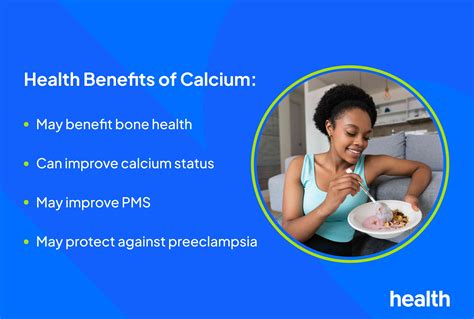
Calcium and Bone Health
Calcium is essential for building and maintaining strong bones, and a deficiency in calcium can lead to a range of bone-related health issues. During childhood and adolescence, calcium is crucial for the development of strong bones and teeth, while in adulthood, it helps to maintain bone density and prevent the onset of osteoporosis. Osteoporosis is a condition characterized by brittle and porous bones, which can increase the risk of fractures and other bone-related health issues. By consuming enough calcium, individuals can reduce their risk of osteoporosis and maintain strong, healthy bones.Calcium-Rich Foods and Sources
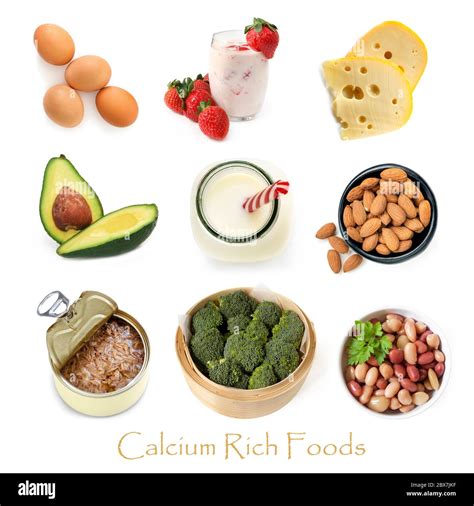
Calcium Supplements and Fortified Foods
In addition to calcium-rich foods, there are also a range of calcium supplements and fortified foods available. Calcium supplements can be a convenient way to boost calcium intake, particularly for individuals who are struggling to get enough calcium from their diet. However, it is essential to choose a high-quality supplement and follow the recommended dosage instructions. Fortified foods, such as plant-based milk and cereals, can also be a good source of calcium. By reading food labels and choosing products that are fortified with calcium, you can help to increase your calcium intake.5 Calcium Tips for a Healthier You
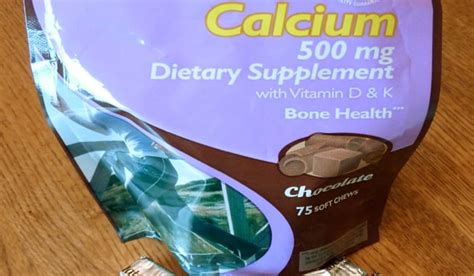
Putting it all Together
By following these 5 calcium tips and incorporating more calcium into your diet, you can help to support overall health and wellbeing. Remember to eat a variety of calcium-rich foods, choose calcium-fortified foods, consider taking a calcium supplement, incorporate calcium-rich snacks, and talk to a healthcare professional. With a little knowledge and planning, you can make the most of the benefits of calcium and maintain strong, healthy bones and teeth.Calcium and Overall Health

Calcium and Weight Management
Calcium has been shown to have a role in weight management, with studies suggesting that it can help to reduce body fat and support weight loss. This is thought to be due to the role of calcium in regulating appetite and metabolism, as well as its ability to increase fat burning and reduce fat storage. By incorporating more calcium into your diet, you can help to support weight management and maintain a healthy weight.Calcium Deficiency and Related Health Issues
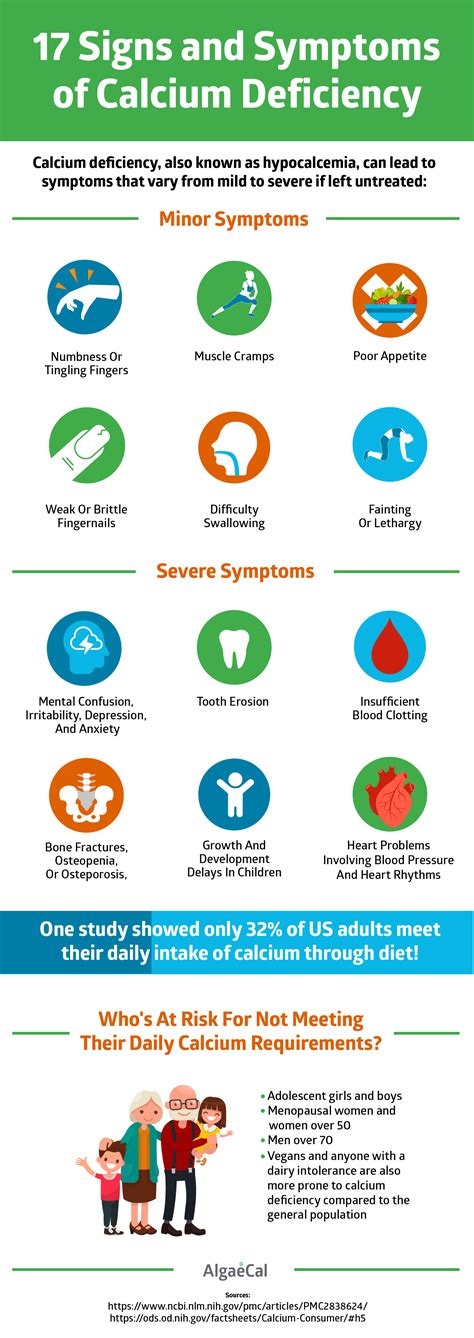
Calcium and Muscle Function
Calcium plays a critical role in muscle function, with a deficiency in calcium leading to muscle cramps, weakness, and fatigue. This is thought to be due to the role of calcium in regulating muscle contraction and relaxation, as well as its ability to support nerve function and transmission. By incorporating more calcium into your diet, you can help to support muscle function and reduce the risk of muscle-related health issues.Conclusion and Final Thoughts
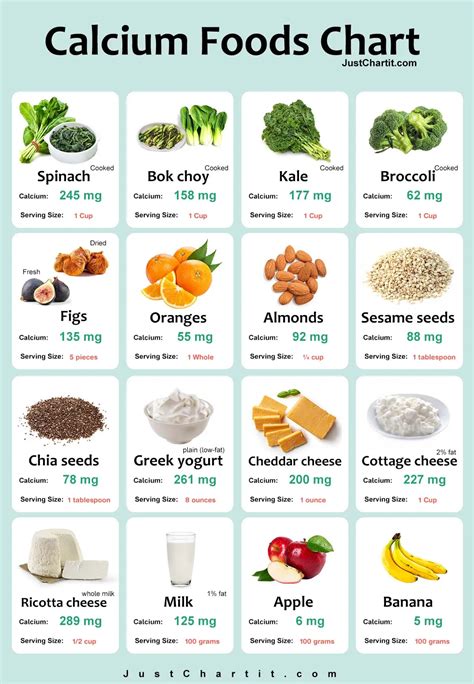
What are the benefits of calcium?
+Calcium has a range of benefits, including building and maintaining strong bones and teeth, supporting muscle function and nerve function, and regulating heart rhythm. Additionally, calcium has been shown to have a range of other benefits, including reducing the risk of osteoporosis, improving blood pressure, and supporting weight management.
What are the best sources of calcium?
+Some of the best sources of calcium include dairy products, leafy green vegetables, fortified plant-based milk, tofu and other soy products, nuts and seeds, and fish with edible bones. By incorporating these calcium-rich foods into your diet, you can help to ensure you are getting enough calcium to support overall health and wellbeing.
How much calcium do I need each day?
+The recommended daily intake of calcium varies depending on age and sex. Generally, adults need around 1,000 mg of calcium per day, while children and adolescents need around 1,300 mg per day. However, it is essential to consult with a healthcare professional or registered dietitian to determine the best way to meet your individual calcium needs.
We hope this article has provided you with valuable information on the importance of calcium and how to incorporate more calcium into your diet. If you have any further questions or would like to share your experiences with calcium, please leave a comment below. Additionally, if you found this article helpful, please share it with your friends and family to help spread the word about the benefits of calcium. By working together, we can help to promote overall health and wellbeing and reduce the risk of chronic diseases.
